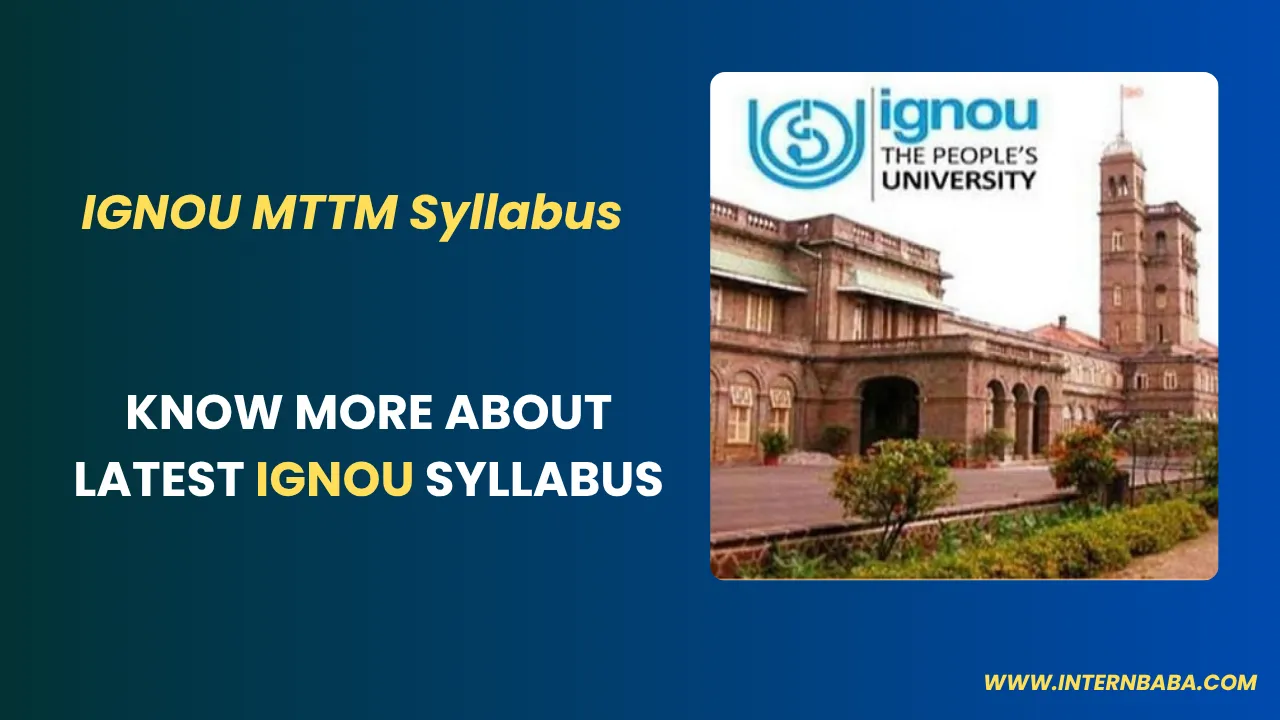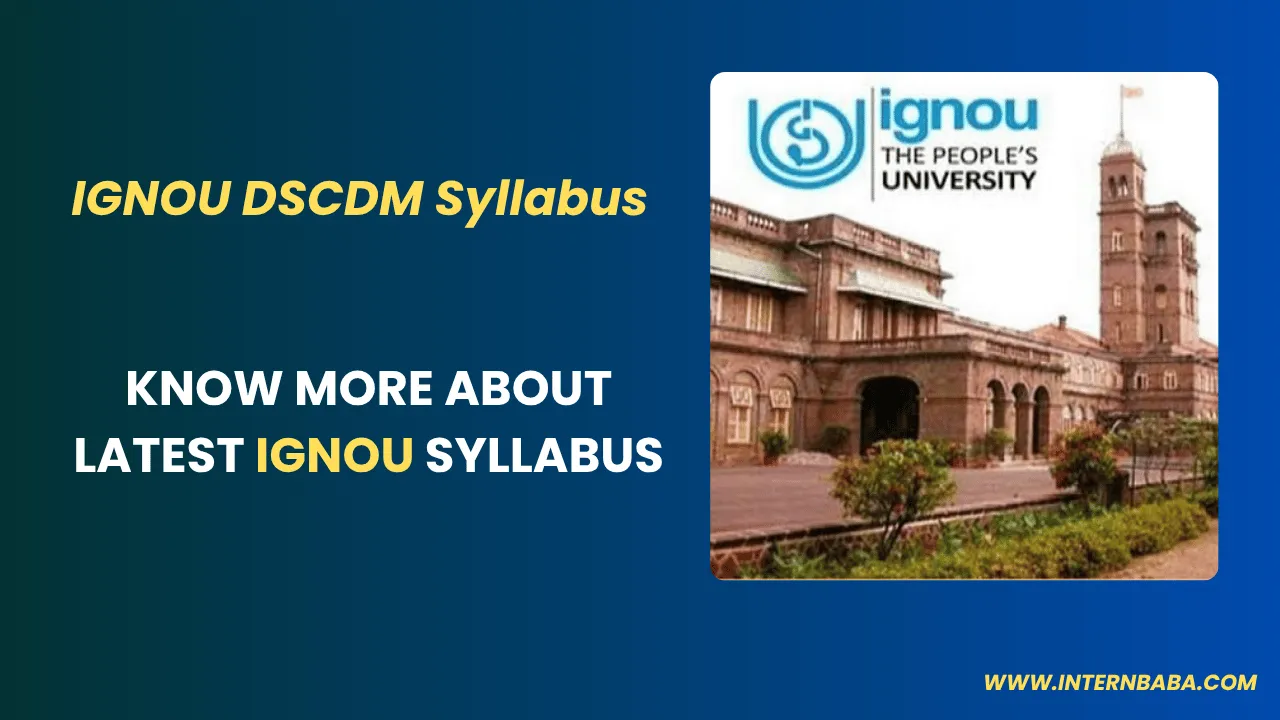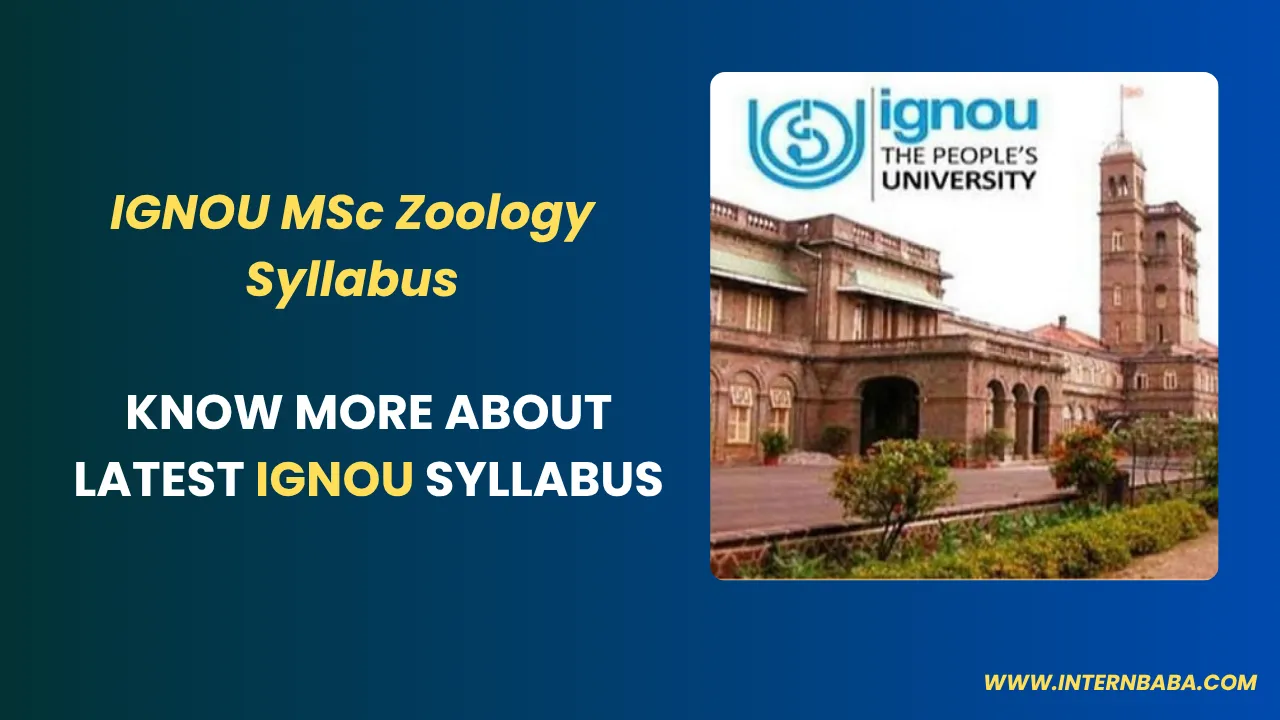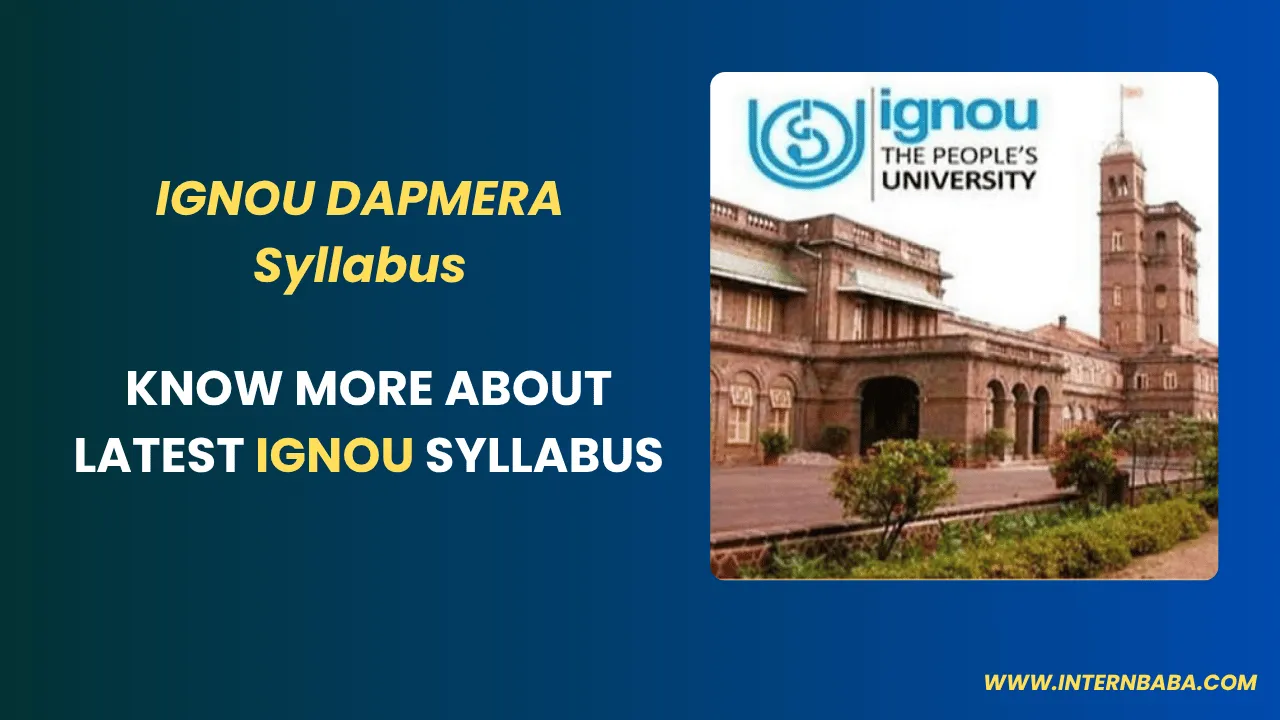IGNOU PGDHE Syllabus 2025

If you’re planning to pursue the Post Graduate Diploma in Higher Education (PGDHE) from IGNOU in 2025, you’re in the right place. Understanding the syllabus is crucial for academic success and effective planning. Whether you’re a fresher, a working professional, or a re-registration candidate, this guide will walk you through everything you need to know about the IGNOU PGDHE syllabus 2025. From credit details and subject structure to course-wise distribution, this guide ensures you’re well-prepared from day one.
The PGDHE program is specially designed to develop the knowledge, skills, and attitudes required to teach and manage at the higher education level. IGNOU offers this program with a flexible credit system, making it easier for learners to study at their own pace. Let’s dive deeper into what the program offers in 2025.
What is IGNOU PGDHE?
The Post Graduate Diploma in Higher Education (PGDHE) is a program developed by IGNOU to enhance professional competencies for teaching and academic management in higher education institutions. This program is ideal for teachers, aspiring educators, and administrators who want to improve their understanding of the educational system, teaching-learning processes, and academic governance.
Through a combination of theoretical and practical learning modules, students are exposed to the psycho-social, managerial, and instructional aspects of higher education. This diploma equips them with essential tools to participate more effectively in curriculum planning, policy formulation, and institutional development.
Key Highlights of IGNOU PGDHE Syllabus 2025
| Component | Details |
|---|---|
| Program Name | Post Graduate Diploma in Higher Education |
| Exam System | Annual |
| Total Credits | 34 |
| Minimum Duration | 1 Year |
| Maximum Duration | 4 Years |
| Eligibility | Bachelor’s Degree |
| Medium of Instruction | English |
The credit-based structure offers flexibility and modular learning. Students can plan their semester load according to their personal and professional commitments.
Detailed IGNOU PGDHE Course Structure 2025
Below is the table showing the updated course structure along with the credit distribution:
| Course Code | Course Title | Credits |
| MES-101 | Higher Education: Its Context and Linkages | 6 |
| MES-102 | Instruction in Higher Education | 6 |
| MES-103 | Higher Education: The Psycho-social Context | 6 |
| MES-104 | Planning and Management of Higher Education | 6 |
| MES-105 | Project Work | 6 |
| MES-106 | Extended Contact Programme | 4 |
| Total | 34 |
Note: MES-105 and MES-106 are project-based and practical components that require participation and submission as per IGNOU guidelines.
Credit System in IGNOU PGDHE
IGNOU uses a unique credit-based system where each course is assigned a certain number of credits. For PGDHE, the student must complete a total of 34 credits to be eligible for the diploma. One credit is typically equivalent to 30 hours of study, which includes all learning activities like reading, writing assignments, and attending contact sessions.
This modular system allows students to complete the diploma within a year or spread it across multiple sessions as per convenience. This structure is particularly beneficial for working professionals or those juggling multiple responsibilities.
Importance of PGDHE in Career Advancement
This diploma holds value not only for those in teaching professions but also for administrative roles in academic institutions. Completing the PGDHE program can open up career pathways in:
- University and college teaching
- Academic planning and administration
- Educational research
- Policy formulation for higher education
- Education-related consultancy and NGO work
Furthermore, it strengthens your academic profile if you’re planning to pursue further studies like M.Ed., M.Phil., or Ph.D. in education or allied fields.
How to Choose Courses?
Although all the courses in PGDHE are compulsory, students often seek guidance on the project and practical components. Here’s a quick breakdown:
- MES-105 (Project Work): You must prepare and submit a project based on a theme or issue related to higher education. Choose a topic that aligns with your interest and availability of resources.
- MES-106 (Extended Contact Programme): This includes practical work such as workshops and discussions. It usually requires physical or virtual attendance as scheduled by your regional center.
IGNOU offers a mentor or supervisor for MES-105 to guide you through the project work. Make sure to follow the latest guidelines and submit within deadlines.
Study Material and Support
To support students, IGNOU provides a wide range of resources, including:
- Printed self-learning study materials
- Digital e-content via eGyanKosh and IGNOU e-Content app
- Assignment booklets
- Previous year question papers
- Interactive sessions and counseling at study centers
These resources are available in both online and offline modes, making it easier for learners to access anytime. It’s advisable to keep track of the latest announcements from your regional IGNOU center.
Re-registration and Syllabus Updates
IGNOU regularly reviews and updates its curriculum to reflect changing academic needs and educational policies. If you’re re-registering for the next session or year, make sure to download the latest syllabus structure from the official IGNOU website.
Re-registration is crucial if you haven’t completed the course in the minimum duration. Delays in re-registration can lead to missed assignments and contact programs.
Tips to Succeed in IGNOU PGDHE
- Start your assignments early and submit them on time.
- Maintain regular communication with your academic counselor.
- Choose a relevant and feasible project topic.
- Attend contact programs actively and seek clarification when needed.
- Make use of online resources and recorded lectures.
Consistency and time management are key to succeeding in this flexible learning environment.
FAQs on IGNOU PGDHE Syllabus 2025
Q1. What is the total credit requirement for IGNOU PGDHE?
A: The program requires you to complete 34 credits across both theoretical and practical components.
Q2. Are all the courses in PGDHE compulsory?
A: Yes, all listed courses are compulsory, including the project and practical components (MES-105 and MES-106).
Q3. Can I complete PGDHE in one year?
A: Yes, the minimum duration is 1 year, but you can take up to 4 years for completion depending on your pace.
Q4. Is project work mandatory?
A: Absolutely. The MES-105 project work is crucial and must be completed to earn the diploma. It involves selecting a research topic and submitting a detailed project report.
Q5. How do I get study material for PGDHE?
A: IGNOU sends printed material via post and also provides e-content through platforms like eGyanKosh, the IGNOU website, and mobile applications.
Q6. Is attendance compulsory for contact programs?
A: Yes, participation in MES-106 (Extended Contact Programme) is essential and marks are allotted based on attendance and involvement.
For more information, always refer to the latest syllabus booklet and official updates from the IGNOU Website or contact your nearest IGNOU regional center.
Stay informed, stay prepared, and take the first confident step toward your academic journey with IGNOU PGDHE 2025!




